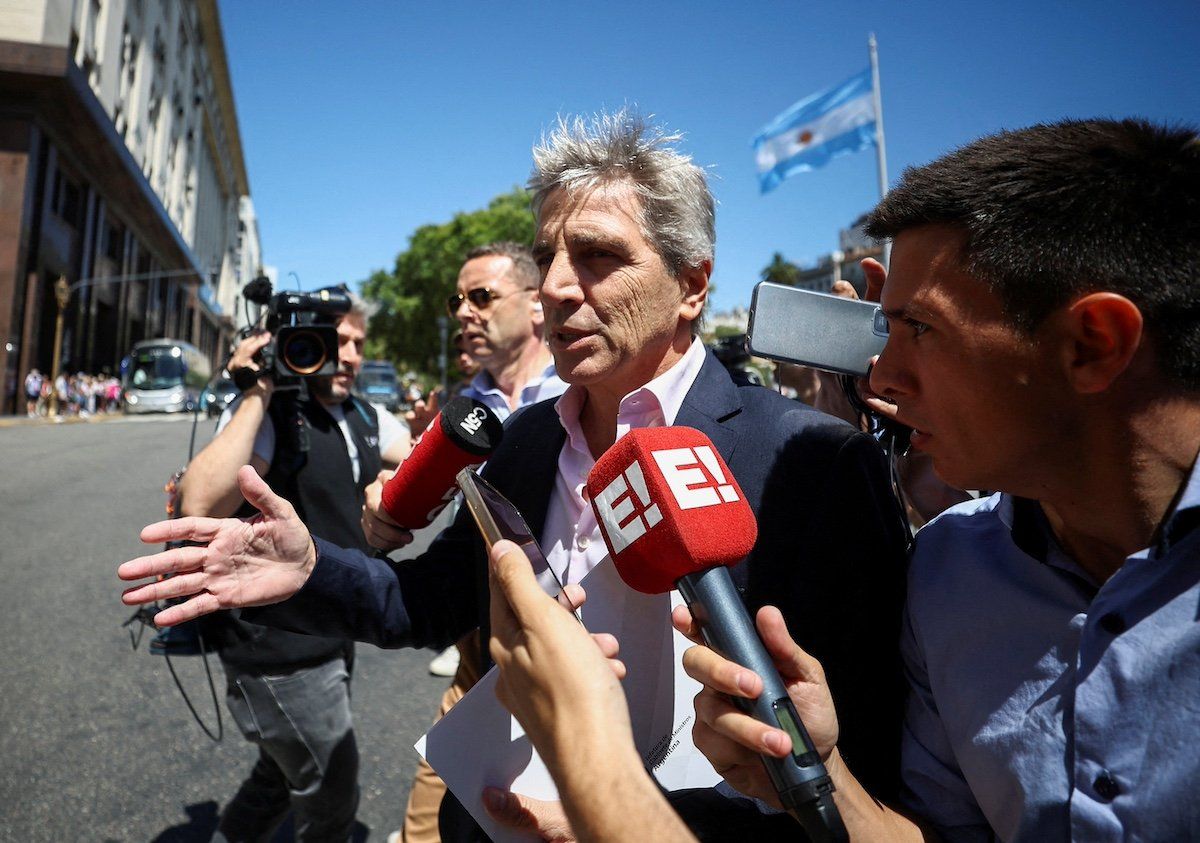Argentina’s new Economy Minister Luis Caputo said he would significantly devalue the peso – taking the exchange rate from 365 pesos per dollar to 800 – halt public works tenders, reduce subsidies for energy and transportation and minimize cash transfers to the provinces in a bid to “shock” Argentina out of its ongoing economic nightmare.
In a pre-recorded speech Tuesday evening, Caputo explained that Argentina has been spending more money than it takes in for decades, leading to continuous cycles of debt and triple digit inflation. The only solution, he says, is spending cuts, echoing the sentiments of his newly-inaugurated boss, President Javier Milei, who was fond of illustrating this point on the campaign trail by waving around a chainsaw.
The problem is figuring out how to use the chainsaw without killing the whole tree. Cutting subsidies and devaluing the currency will force the 40% of Argentines who live in poverty to take it on the chin — and those struggling to keep their heads above water might slip under entirely. That’s why Caputo also pledged to double spending on childcare subsidies and increase food subsidy spending by 50%.
Still, Caputo minced no words: Argentines “will be worse off than before” for a few months as the economy adjusts to the radical changes in policy, but he reassured his compatriots that this will be “the right path”.
Milei was elected in a landslide to effect radical change. But with drastic moves like these, how long will the honeymoon period last?
